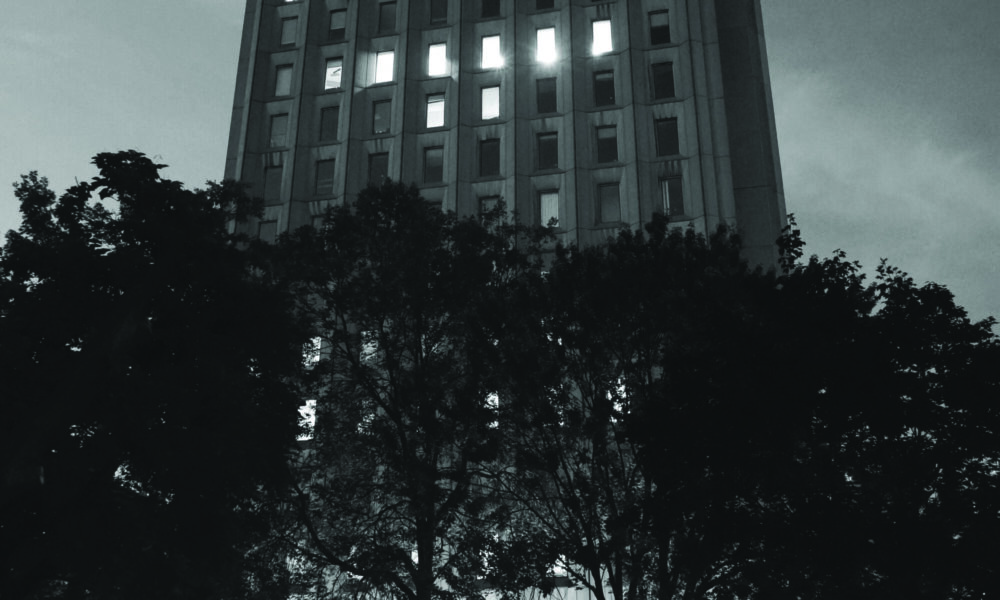Recent changes within the Faculty of Science concluded with the merging of administrative staff from the Geography, Earth and Planetary Sciences (EPS), and Atmospheric and Oceanic Sciences (AOS) departments into one administrative pod as of March 13. This decision has brought on significant frustration and stress for staff and students, who cite a lack of effective communication from the faculty and sudden changes to advising and research procedures.
Bruce Lennox, Dean of the Faculty of Science, and Maria Babiak, Director of Administration and Operation for the Faculty of Science, announced the merger at an EPS department meeting on Nov. 11, 2022. The change required the administrative staff of all three programs to move to a shared office in Burnside Hall and reconfigure their workloads to cover all programs rather than just one.
The administration told students and staff that the changes were implemented to “create redundancy,” meaning that if one or more administrators were away on vacation or leave, the other administrators would be able to cover their work.
The physical move was initially supposed to take place on Jan. 5, but was subsequently postponed to March 13 because the shared office was not yet ready for occupation. While the administrative staff for Geography and AOS were already housed in Burnside Hall, the administrators for EPS moved there from the nearby Frank Dawson Adams Building.
When contacted about the changes within the Faculty of Science, media relations officer Frédérique Mazerolle confirmed that the restructuring was taking place but did not provide further detail.
Julia Baumgarte, president of the EPS graduate student society, The Adams Club, told The McGill Tribune that the physical displacement of the administrative staff has changed day-to-day operations and put a strain on certain research procedures.
“I know that a bunch of other students in the department […] need frozen samples for their research,” Baumgarte said. “As soon as that stuff [is] delivered, it has to go into a freezer. And if that were to be taken out of our building, those students’ research would be really compromised.”
Many students and faculty members of the affected programs have communicated that this change does not only reflect a difference in workloads or office space, but also disrupts the community and culture within these programs.
According to William Minarik, an EPS faculty lecturer, the current administrators’ deep knowledge of their respective departments makes for an efficient workplace environment. To Minarik, altering these relationships affects the workplace’s ability to run smoothly.
“As a teacher and researcher, I interact daily with our department staff in order to work in these roles,” Minarik told the Tribune. “Our departmental office is the nerve centre of all departmental activities, the hub [….] Students with questions, concerns or other issues currently can visit and immediately talk to a knowledgeable, empathetic, and helpful person.”
EPS associate professor and Wares Faculty Scholar Christie Rowe told the Tribune that many students and staff feel that the delayed timeline of the merger reflects a broader trend of administrative disorganization at McGill. Rowe believes that there was insufficient consultation with the faculty about the essential function of the administrative staff.
“[B]ecause we’re getting information very piecemeal, it’s not possible for us to prepare in any way,” Rowe said. “It would have been nice to consult with the department about what are the key functions that these admins are providing and what support we really need to ensure that the new system would also address the same issues. But so far, that consultation has been pretty thin.”
Rowe, Minarik, and Baumgarte all pointed out that because these programs are small and tight-knit, the changes have affected their sense of community.
“One of the key elements of my 10 years at McGill has been that we tend to appreciate one another as colleagues through all levels of the university,” Rowe said. “It’s that kind of social network of relying on one another that has made this a really rewarding place to work. And so I’m upset with anyone feeling undermined or feeling not valued in our community.”









